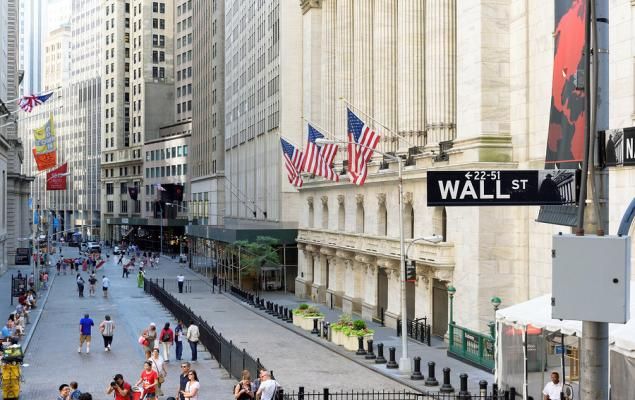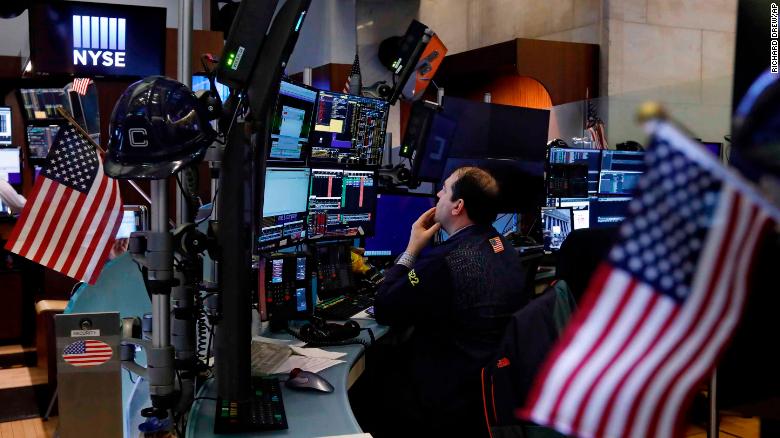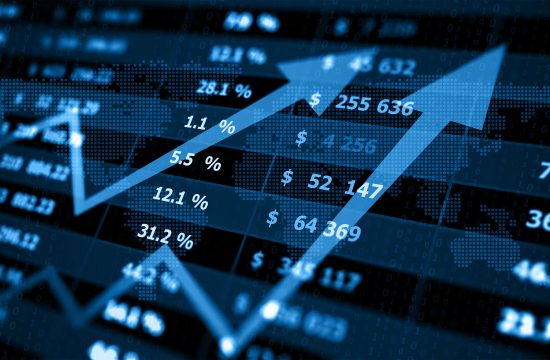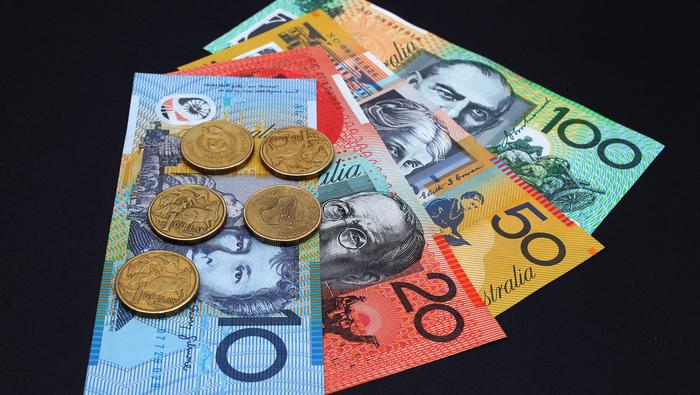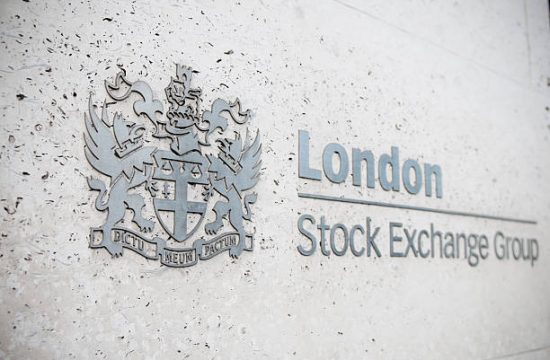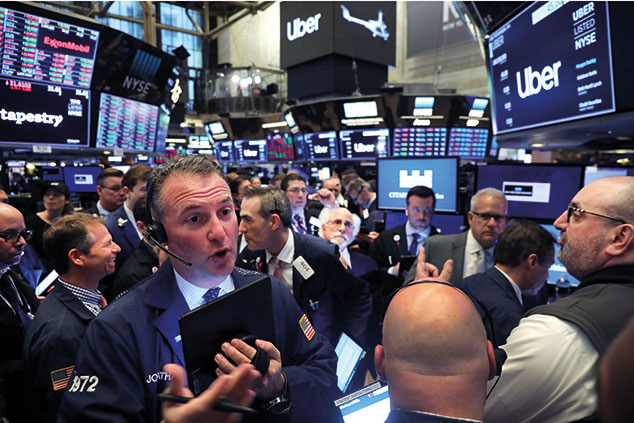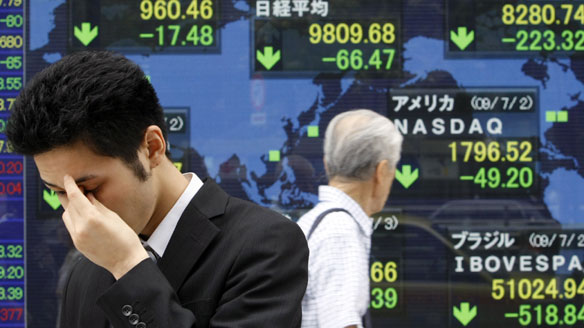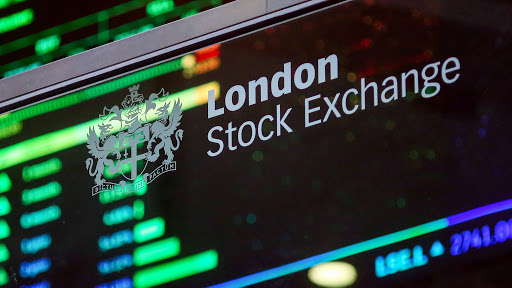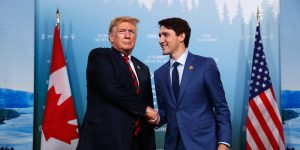
Rumours that the G7 communique may not live up to the hype and a climb in South Korean coronavirus cases are draining the optimism out of markets.
European shares look set for a higher open on Tuesday, but the gains are less than they looked like they would be just a couple of hours ago. The complacency has disappeared, and the gains can disappear just as quickly.
We use the 2007 tops before the financial crisis as a reference point. For the FTSE 100, that is 6750 and for now, we are still below it.
Asian shares are ending near lows of the day, reversing substantial earlier gains. It’s quite astonishing that Japan’s Nikkei closed over 1% lower even as the Bank of Japan conducted a second day of emergency financial asset purchases. Normally you’d expect bond purchases to mean lower yen, higher equities but we are getting the opposite. Forex traders are shrugging off the BOJ liquidity measures and using the yen as a haven.
It was a huge comeback on Wall Street, but now nerves are creeping in that it was a dead cat bounce and the ultimate direction is still lower. The Dow rose 5.1% to end a seven-day losing streak for its biggest daily gains since 2009. All the US averages, including the S&P 500 closed-back out of ‘correction territory’.
It’s good to know the central bankers are ready to take “appropriate” steps. But investors know there is limited room for manoeuvre. Rates are already rock bottom, and balance sheets are chock-a-block. Central banks cutting 25-50 basis points off interest rates doesn’t make a cancelled business trip uncancelled. The real difference-maker for the growth rate of the global economy would be some fiscal stimulus.
Fiscal stimulus relies on politicians agreeing, and that could be its downfall. A G7 communique about the coronavirus is reportedly still being drafted. ‘Still being drafted’ is being interpreted as watered down.
In the United States, politicians will be distracted by “Super Tuesday”. The Democratic race is not completely off the radar; it’s just not garnering any action in markets yet. The argument that markets are currently pricing in a ‘Bernie recession’ seems a bit far fetched in our view. With 14 states voting its one of the biggest days on the presidential primary calendar. It will be a turning point if anti-Sanders moderates successfully coalesce support around Biden and how many votes Bloomberg can buy.
We’re entering week two of a drop in the US dollar index and a parallel rally in the euro. The euro is off its highs on Tuesday after the ECB finally stepped in with some of its own soothing rhetoric to match other central banks. An ECB statement read “We stand ready to take appropriate and targeted measures, as necessary and commensurate with the underlying risks.” We would judge the ECB statement about its intentions relating to the coronavirus to be the least credible, making further euro gains still possible.
Brent crude rose 5.7% on Monday amid reports Saudi Arabia, Russia, and other OPEC+ nations could reach an agreement to cut ¾ million barrels per day next week. We think that should placate oil traders for now. But its entirely possible another emergency meeting needs to be called before June when more information about the demand destruction caused by the coronavirus is available.
Opening Calls:
FTSE 100 is set to open 18 points higher at 6672
DAX is set to open 60 points higher at 11917
S&P 500 is set to open 32 points lower at 3058
Please feel free to share your thoughts with us in the comments below.

